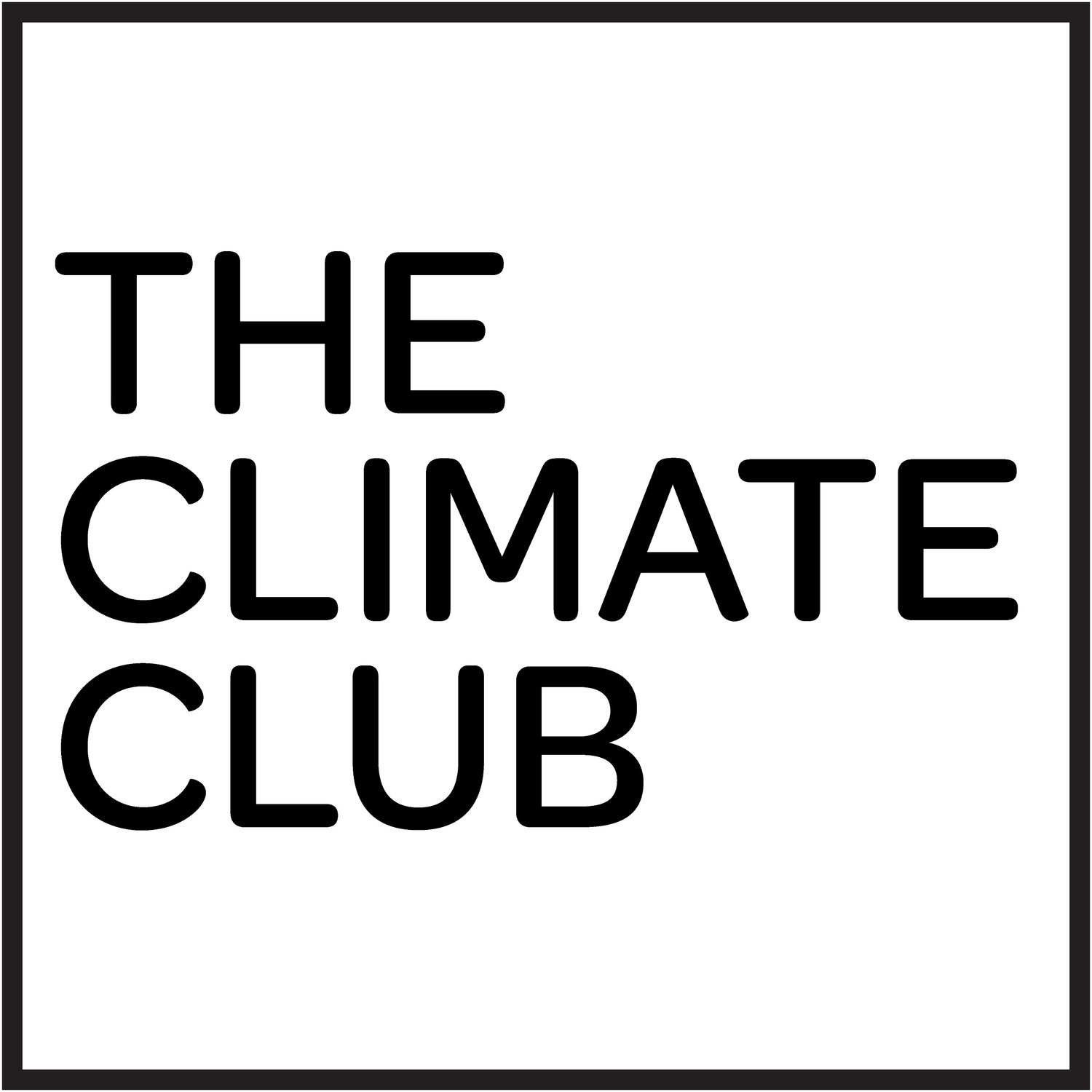May is Mental Health Awareness Month
May is recognized as Mental Health Awareness Month in the United States, highlighting the country's growing mental health crisis, particularly among young people. The COVID-19 pandemic has exacerbated issues like isolation, anxiety, and depression. Youth mental health has been especially concerning due to disruptions in education, social lives, and overall well-being.
Mental Health Awareness Month, established in 1949, aims to highlight the importance of mental health and celebrate recovery from mental illnesses. Over the last two decades, initiatives by the Substance Abuse and Mental Health Services Administration and other federal and public health organizations have greatly enhanced the understanding and treatment of mental health issues, significantly benefiting those affected.
Environmental factors play a crucial role in shaping mental health outcomes. Factors such as air pollution, exposure to toxins, and the lack of access to green spaces can significantly influence one's mental state. Addressing these environmental determinants should be a key priority in developing sustainable solutions, including investing in urban green infrastructure, reducing industrial emissions, and ensuring clean water and air for all communities.
A multi-faceted approach is needed to make progress. This includes increased funding for mental health services, improved access to care, and the integration of mental health education into school curriculums. Destigmatizing mental health and empowering individuals to seek support is also crucial. By working together, we can strive towards a future where mental well-being is prioritized.
The Mental Health Crisis in the United States
The strain of the U.S. mental health crisis on our healthcare system has profound financial and societal impacts, from reduced productivity to increased rates of homelessness and incarceration. Stigma surrounding negative mental health outcomes and symptoms prevents many people from seeking necessary care. Millions, especially young people, are struggling with depression, anxiety, and substance abuse disorders.
Policymakers must increase funding for community-based mental health services, and educators can integrate social-emotional learning into school curricula. Employers should offer robust mental health benefits and encourage discussions about well-being in the workplace. By addressing environmental factors such as poverty, discrimination, and lack of access to green spaces, the U.S. can take meaningful steps toward transforming its public health landscape.
Environmental Factors and Public Mental Health
The impact of environmental health on wellbeing cannot be overstated. Climate change and pollution jeopardize mental health, with exposure to poor air quality, toxic chemicals, and other environmental stressors linked to higher rates of anxiety, depression, and other mental health issues. Access to green spaces and opportunities to connect with nature have profound positive effects on psychological well-being. Sustainable solutions like investing in clean energy, reducing pollution, and preserving natural habitats can mitigate climate change and support overall health.
Sustainable Solutions for Improving Mental Health
In order to ensure sustainable outcomes for happy and healthy lives, we must first and foremost prioritize improving mental health education and awareness at all levels of society. Steps we can take include:
Embedding mental health curriculum in schools
Launching public awareness campaigns
Destigmatizing conversations around mental well-being
Expanding access to affordable, quality mental healthcare services is essential, ensuring everyone can receive the support they need. Through policy initiatives and community-driven programs, we can create healthier living environments that nurture holistic health.
Additional Resources
To learn more about mental health and what you can do to make a difference, please check out the following resources!

